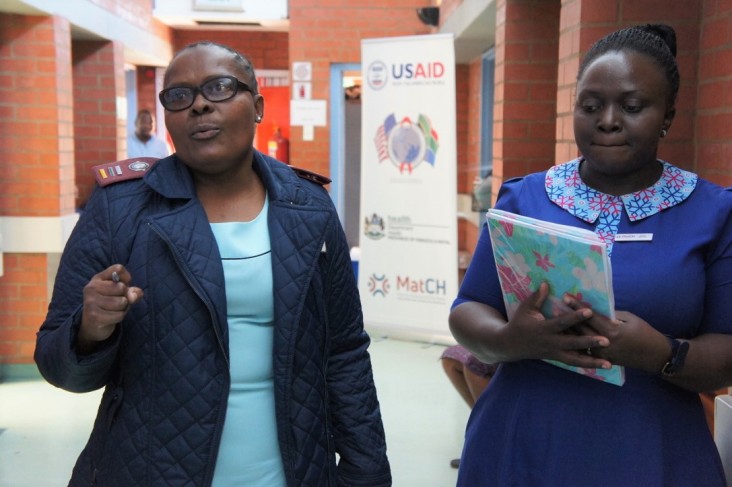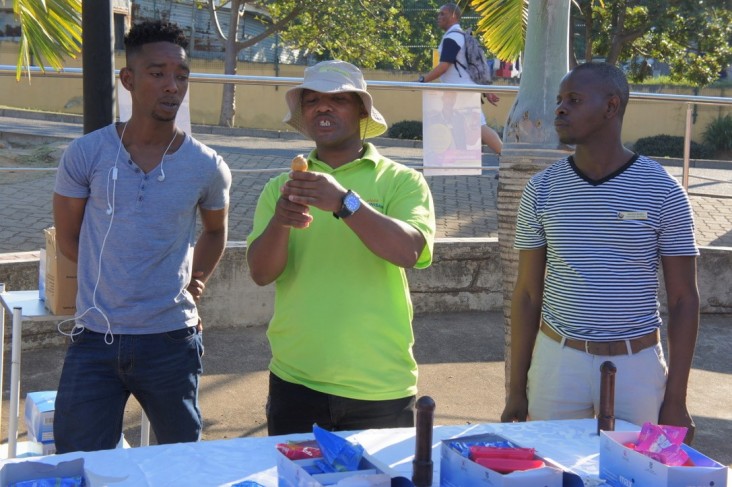Speeches Shim

Men’s Health Services at Prince Mshiyeni Hospital
In comparison to women, men are less likely to access health care, especially men living with HIV. Studies conducted at two high volume facilities in eThekwini District, KwaZulu-Natal Prince Mshiyeni Memorial Hospital Gateway Clinic and KwaMashu Poly clinic highlighted reasons for delayed health seeking-behavior. Men tend to minimize the severity of the symptoms, stigma associated with HIV, long waiting time at facilities, judgemental staff, and lack of privacy.
Through the support of the United States Government’s President’s Emergency Plan for AIDS Relief (PEPFAR), MatCH in partnership with the Prince Mshiyeni Gateway team, introduced comprehensive men’s health clinic services in order to scale-up access to HIV services among men in the community of Umlazi. The men’s health clinic provides a male-friendly environment that encourages men to get tested for HIV, to start treatment immediately and to remain adherent to care. Several PEPFAR supported Community partners provide extended community-based services with hand-shake linkage to care at facility level.

A comprehensive package of services is provided at the clinic. This comprises of HIV testing services, linkage to same day initiation and care, management of non-communicable diseases and other sexual and reproductive health services. The services extend from the community with hand-shake linkage to care at the clinic.

Comment
Make a general inquiry or suggest an improvement.